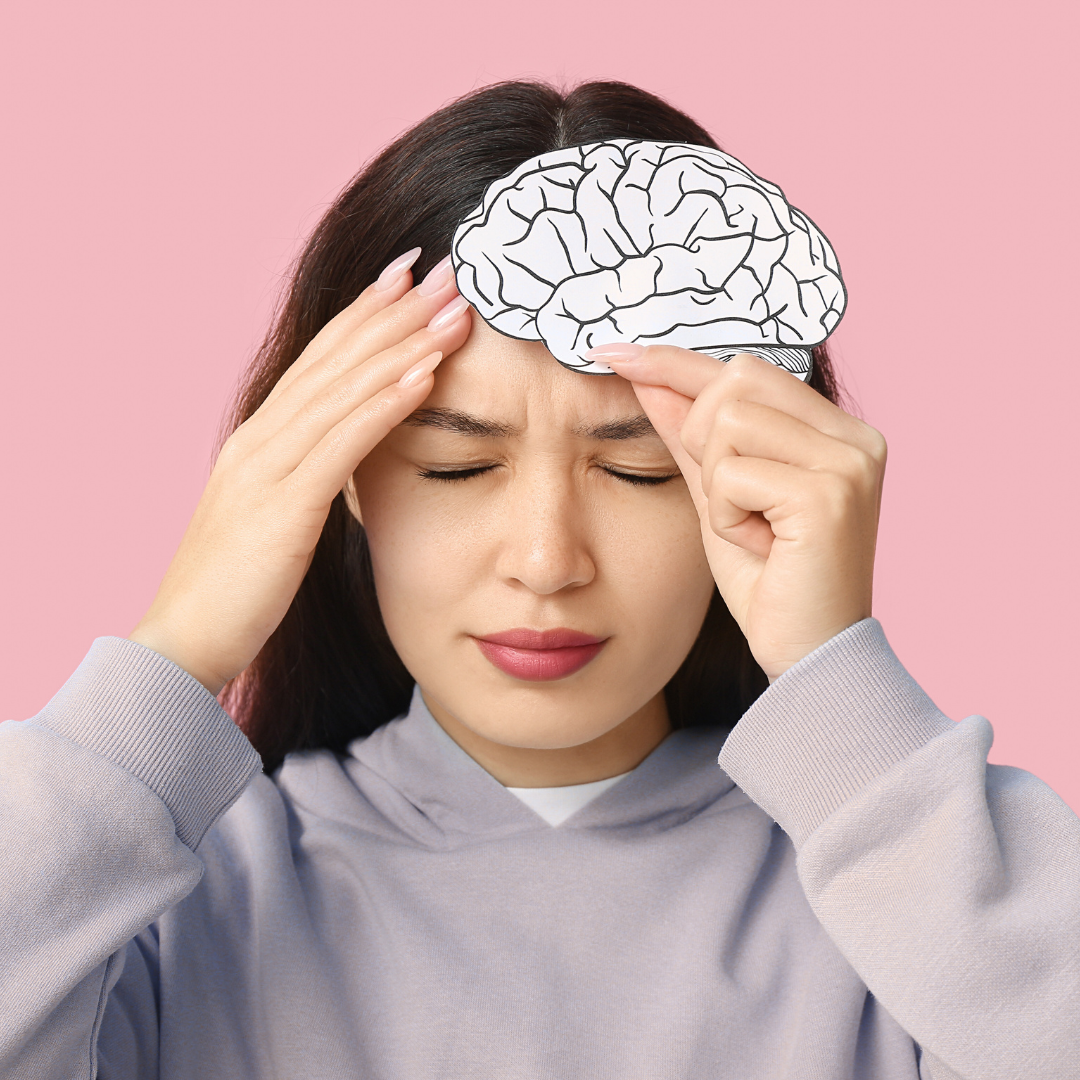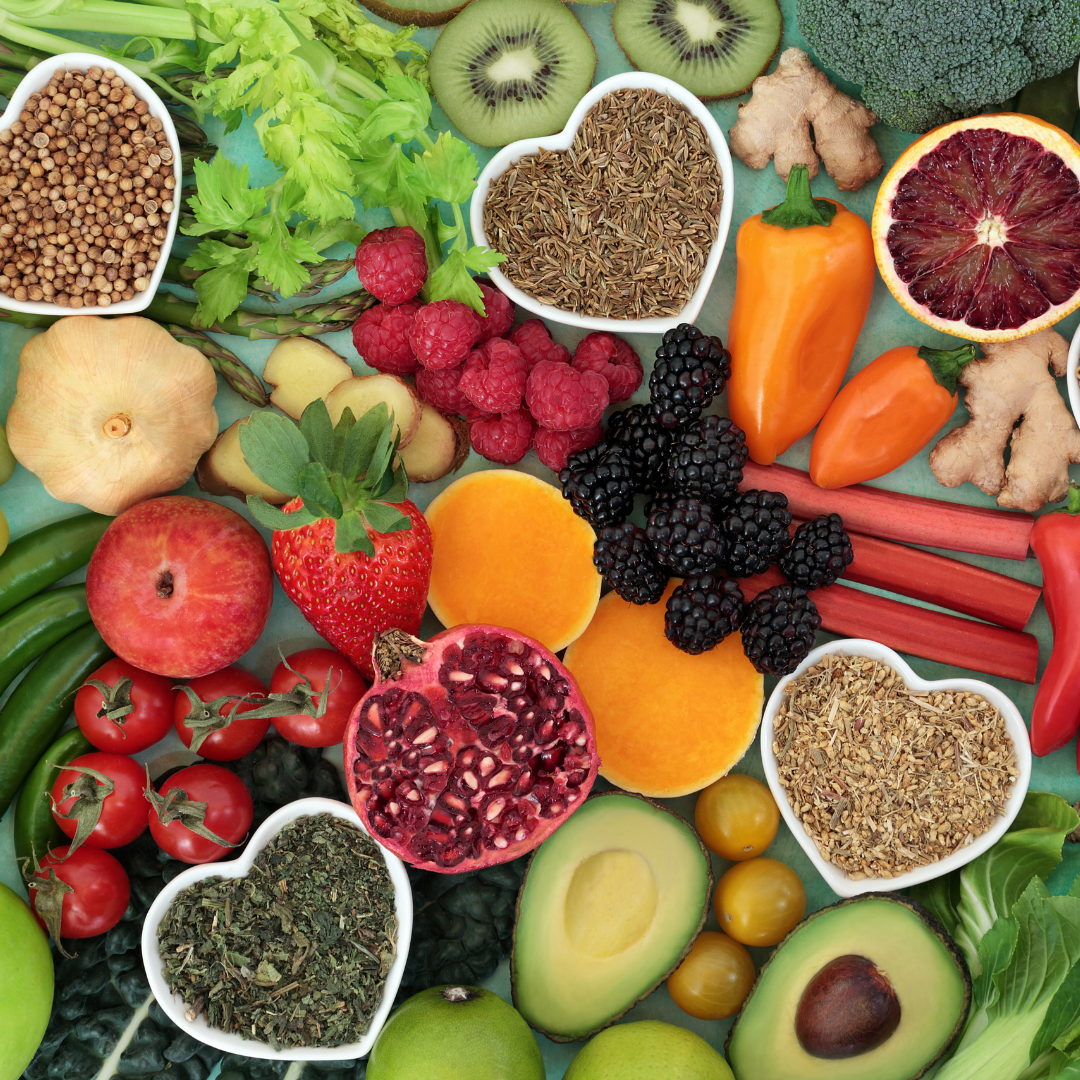Gut Health and Depression | The Science Behind the Gut–Brain Connection
Chronic stress negatively impacts and slows digestion. This can reduce nutrient uptake, resulting in deficiencies, gut health issues, and mood problems.
Feeling weighed down by sadness and digestive discomfort can feel like a cruel coincidence, but for many women, the two are deeply intertwined. If you’ve ever noticed that bouts of depression tend to arrive alongside bloating, constipation, or gut pain, you’re not imagining it. Conventional medicine often treats mood and digestion separately, yet science reveals that your gut and brain are in constant conversation.
These signals can influence your mood just as much as the brain can influence your gut, meaning that healing your belly may be a powerful step toward lifting your spirits.
What is the Gut‑Brain Connection?
Your gastrointestinal tract isn’t just a tube for moving food through. It contains the enteric nervous system (ENS), a network that communicates with your central nervous system via the vagus nerve. When your gut is irritated by infections, inflammation, or certain foods, it sends distress signals to your brain.
These messages can trigger mood changes or anxiety, which is why digestive disorders often come with emotional symptoms. Similarly, chronic stress and trauma can disrupt your gut motility, enzyme secretion, and microbial balance. Understanding this two‑way communication is the first step in appreciating how nurturing your digestion can support mental health.
Gut Health and Depression: The Science
Irritation or dysbiosis in your intestines can lower serotonin and increase inflammation, which may contribute to depressive symptoms. It’s no surprise, then, that many people with irritable bowel syndrome (IBS) or other digestive conditions also experience anxiety and depression. Researchers at Johns Hopkins describe how irritation in the gut can send signals to the central nervous system that trigger mood changes. When the gut‑brain axis is out of balance, the brain and gut both suffer – and that can keep you stuck in a loop of fatigue, low mood, and digestive distress.
If you're looking for extra support in healing the gut-brain connection, this Gut Health Formula blends probiotics, prebiotics, adaptogens, and gut-repairing nutrients in one easy, shelf-stable capsule. You can get it for 15% off through our Fullscript dispensary.
Contributors to Poor Gut Health
Several factors can disrupt your gut and set the stage for mood issues. Processed foods high in sugar, refined grains, and industrial oils feed harmful bacteria and increase inflammation. Certain short‑chain carbohydrates known as FODMAPs – found in wheat, onions, beans, and some fruits – are poorly absorbed and ferment in the colon, causing gas and bloating.
Hormonal shifts, particularly around menstruation or perimenopause, may also affect your microbiome and neurotransmitter production.
“Over 90% of serotonin is produced in the gut.”
Signs Your Gut Is Affecting Your Mood
If you experience persistent bloating, constipation, or diarrhea alongside low mood or brain fog, your gut could be influencing your mental state. Cravings for sugar or carbs, frequent food sensitivities, or histamine reactions may signal dysbiosis or leaky gut. You might notice that stress or lack of sleep worsens both digestive and emotional symptoms.
Keep track of your symptoms to see if these patterns show up in your life.
Healing the Gut to Support Mental Health
Restoring gut integrity can relieve digestive discomfort and support balanced mood. Start with a nutrient‑dense, whole‑food diet rich in fiber, vegetables, quality proteins, and healthy fats. Eliminate or reduce inflammatory foods like refined sugar, processed snacks, and gluten‑containing grains. If FODMAP‑rich foods can cause excess bloating. Trying a low FODMAP protocol can be beneficial for many with gut inflammation, SIBO, and even mood issues.
Stress reduction is just as critical. Gentle nervous system regulation practices—like deep breathing, vagus nerve stimulation, and somatic movement—help you move out of fight‑or‑flight and into rest‑and‑digest.
Chronic stress depletes magnesium and other minerals, which further disrupts hormone regulation.
Support your microbiome by incorporating probiotic foods (such as yogurt, sauerkraut, kimchi) and soluble fibers (like oats and chia seeds), and consider targeted supplementation guided by a practitioner. Functional stool testing can reveal dysbiosis or pathogens that may be contributing to mood symptoms, and personalised protocols can help rebalance your gut flora.
When to Seek Professional Help
If you’ve tried removing trigger foods and practising stress reduction but still struggle with low mood and digestive discomfort, it’s time to reach out for support. At Bloomin’ Well, we can order comprehensive stool, nutrient, and hormone tests to identify underlying infections, nutrient deficiencies, or hormonal imbalances. Because the gut‑brain axis involves multiple systems, healing often requires addressing the nervous system, endocrine system, and immune response simultaneously.
Your low mood isn’t “all in your head,” and your bloating isn’t just a minor nuisance. The gut and brain are intimately connected, and when one suffers, the other does too. By recognising the signs of a disrupted gut‑brain axis and taking steps to nourish your microbiome and calm your nervous system, you can lift your mood and ease digestive discomfort. If you feel overwhelmed, remember you don’t have to do this alone. Our programs are designed to gently guide you through the complexities of gut and mental health, offering compassionate support and personalised care every step of the way.
Further Reading:
What’s the Connection Between the Gut and Brain Health? Harvard Health
Unlock the Brain‑Gut Connection for Better Digestion and Health Business Insider+5Harvard Health+5Hopkins Medicine+5
The Brain‑Gut Connection: What the Science Says Stanford Medicine
The Brain‑Gut Connection Harvard Health+12Hopkins Medicine+12Hopkins Medicine+12
Immune System Cells in the Gut Linked to Stress‑Induced Depression Institute for Clinical Research+1
The Gut–Microbiome and the Brain Hopkins Bloomberg Public Health Magazine+1
The Gut‑Brain Connection: Nutrition Is MedicineSpring Tree Counseling
It’s Not All in Your Head: The Brain and Gut Connection nypost.com+15The Johns Hopkins News-Letter+15blogs.pathology.jhu.edu+15
The Gut–Brain Connection The Johns Hopkins News-Letter+3youtube.com+3Spring Tree Counseling+3Harvard Health









































